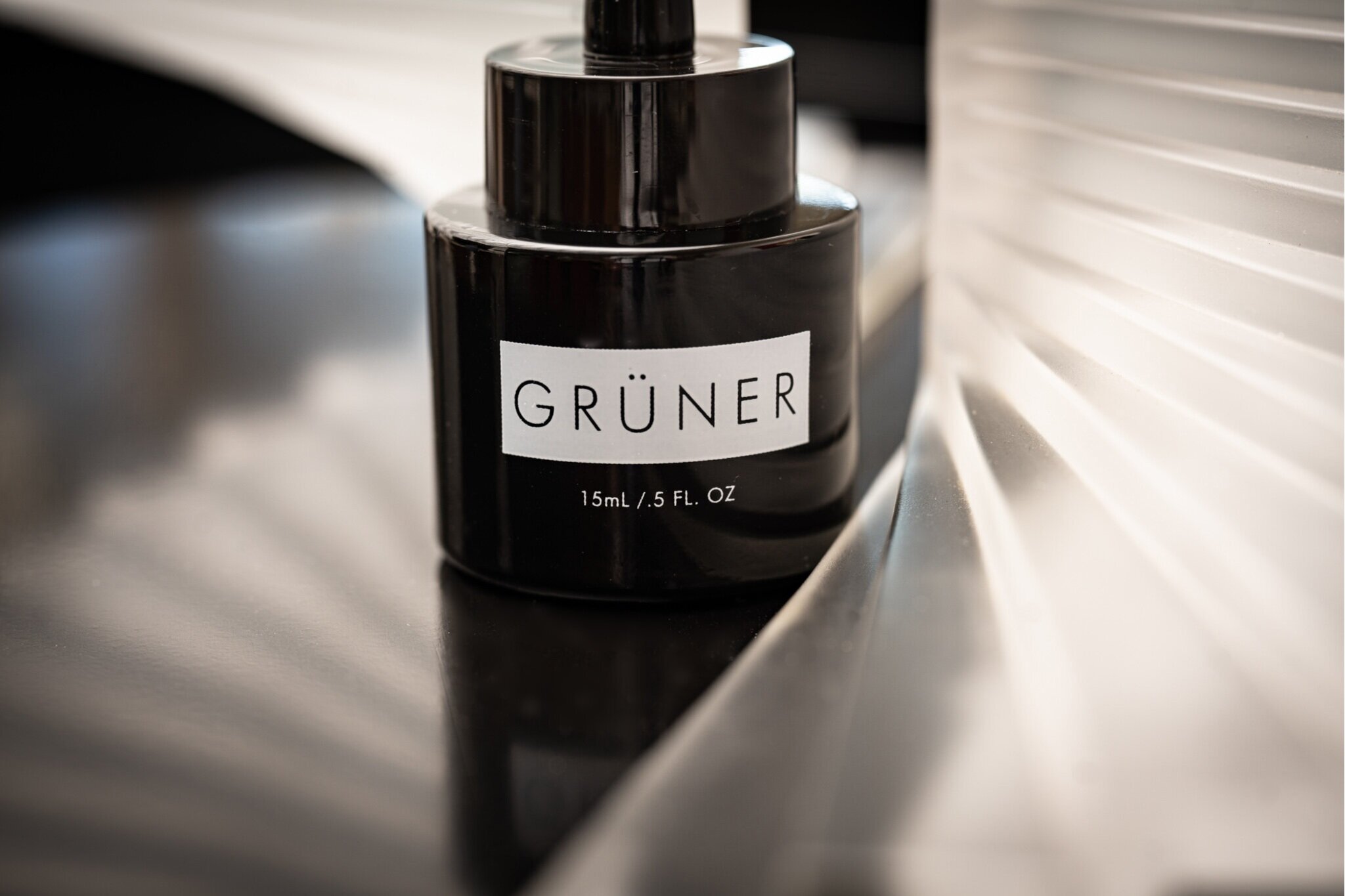Natural Beauty Essentials for your suitcase, Hair, Body and Planet.
Some may welcome the colder months, but our hair and skin certainly don’t! With winter come the colder temperatures, harsh winds and low air humidity that can leave our hair and skin feeling dry, rough and damaged. While there’s nothing that can be changed to alter these seasonal shifts, nature has some miracle ingredients with nourishing and rejuvenating properties that work to combat the harsh effects of the winter months, and work to restore our youthful glow! Here’s a list of the Top 5 Natural Ingredients that do exactly that, and some of the brands we represent that use or help with these:
1. Vitamin C, and the Amber ‘Karryable’ Bottle
Vitamin C is by far the most Googled skincare ingredient of 2021, and by now everyone knows it is a must-have product in their routine. The Karry was designed to make travelling with Hero Natural ingredients like this stylish and practical. Designed to filter out UV-rays, the Amber ‘Karryable’ bottle was made to protect active ingredients and essential oils, making it the ideal travel essential to decant your Vitamin C into.
Website: www.thekarry.london
2. Rosemary Oil
Rosemary Oil has antioxidant and anti-inflammatory properties that help keep hair follicles healthy as well as hydrating the scalp to control natural oil production. Object Beauty’s Rebalancing Shampoo Bar is formulated with Rosemary Leaf Oil to help rejuvenate your hair and rebalance oil levels.
Object Rebalancing Shampoo Bar (£14)
Website: https://objectbeauty.com/
3. Argan Oil
Rich in fatty acids and vitamin E, Argan Oil soothes, condition and hydrates hair that feels dry and dull from the colder weather. Protect your hair from these harsh winter effects with Object’s Nourishing Conditioner Bar, formulated with a rich oil blend of Argan, Macadamia and Moringa that work together to detangle and moisturise.
Object Nourishing Conditioner Bar (£14)
Website: https://objectbeauty.com/
4. Retinol
The skincare buzzword, Retinols are derived from Vitamin A and serve as a skilled skincare multi-tasker. From smoothing skin, to combating dullness, Retinols are sure to help with any of the effects your skin may be feeling after the Winter kicks in. Made to protect your skincare products, the Blue Bottle in The Karry Pouch works by filtering visible light but allowing gentle blue light through. This is perfect for nighttime ingredients, such as Retinol.
Website: www.thekarry.london
5. Marula Oil
Sourced from Africa, Marula is a real luxury for the skin, as well as being an easily absorbed, natural oil rich in Omegas 6 and 9, that works to hydrate and restore skin without leaving a greasy residue. Grüner's flagship product, the Evening Ritual Oil is a lightweight formula that uses Marula as a base to rehydrate and replenish the skin's natural oil barrier, which is often beaten down by harsh winter weather.
To learn more about our services, or to get an insight into our clients, head over to our Instagram page.
We believe in shining a light on achievements. There’s one right here! Written by our lovely PR & Social Media Intern Libby Howard.








